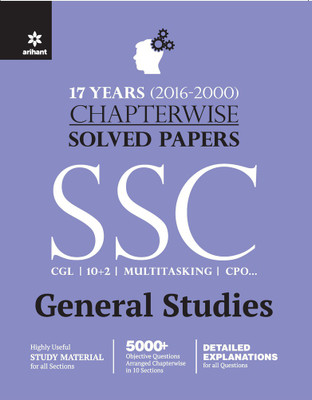
Electrical Engineering Fundamentals (English, Paperback, Del Toro Vincent)
- Language: English
- Binding: Paperback
- Publisher: Prentice-Hall of India Pvt.Ltd
- Genre: Technology & Engineering
- ISBN: 9788120305991, 9788120305991
Specially designed to provide a solid foundation base to students of engineering, Electrical Engineering Fundamentals does much to shed light on all the principal areas of concern in the domain of electrical engineering.
Summary Of The Book
Electrical Engineering Fundamentals focuses on the five principal zones within the discipline of electrical engineering. The author also develops new content that is more attuned to the needs of the students and uses new fundamental laws to clarify the concepts and ideas in a more structured manner.
The book first deals with the fundamental laws that are directly involved in electrical engineering. After this, it moves into the five sections that have been developed in an all-inclusive manner that can help students into learning better. The first section deals with the Electric Circuit Theory and here tackles the subject matter in five different chapters. The topics include Circuit Elements, The Laplace-Transform Method, Circuit Differential Equations, Circuit Dynamics and Forced Responses. The second section deals with the umbrella of Electronics and hereby addresses the types of Electron Control Devices, Electronic Circuits in semiconductors, and Semiconductor Types among other topics.
The third section is Digital Systems and here the coursework involves Binary Logic: Theory and Implementation. The section then goes into the Components of Digital Systems and looks into Microprocessor Computer Systems. The fourth section is the largest section and it chiefly concerns the domain of Electromechanical Energy Conversion. Here the subject matter includes Magnetic Theory and Circuits, Transformers, the Three Phase Induction Motors, Synchronous Machines, DC Machines and Stepper Motors.
The last section deal with the gamut of Feedback Control Systems and thereby looks into the Principles of Automatic Control, Dynamic Behavior Of Control Systems and also includes the appendices.
The second edition of the book, Electrical Engineering Fundamentals is intended to be put in use where Del Toro’s other text, Principles of Electrical Engineering is being used. As a text, although it is primarily designed for students of electrical engineering, non-majors can subscribe to the text easily because of its accessible content. The student can use the Classical Method or the Laplace Transform Method to solve problems.
About Vincent Del Toro
Vincent Del Toro was an Emeritus Professor of City College of New York and an Electrical Engineer.
His other books include Electric Machines and Power Systems, Principles of Control Systems Engineering and Electric Power Systems.
He graduated from CCNY and Brooklyn Polytechnic University before turning to his enriching career in education and academics. He was a well known educator and had garnered Educator of the Year awards for his contributions in the field. He wrote 10 books along with the best-selling books Electrical Engineering Fundamentals and Principles of Electrical Engineering. He died at the age of 82 on July 5, 2006 in New Jersey.
| Imprint |
|
| Specialization |
|
| Term |
|
- 5★
- 4★
- 3★
- 2★
- 1★
- 74
- 32
- 9
- 6
- 9
BEST BASIC BOOK FOR ELECTRICAL ENGINEERING
jadunandan nandi
Nov, 2012
awesome book with a lots of detail
deals with all d basic and fundamental branches
and written nicely in a lucid language
Sourav Das
Certified Buyer, Kolkata
Feb, 2014
Mind-blowing purchase
No doubt this one is the best book for concept building.
This book was suggested Hamid sir at made easy classes and this is the best book for basic concepts. A must read for btech electrical engineering.
Prakhar verma
Certified Buyer, Patna
May, 2017
Awesome
arvind kumar
Certified Buyer, Srinagar
Oct, 2016
Very well written.
Also, many examples are given, just buy it.
atul
Oct, 2013
Fabulous!
Flipkart Customer
Certified Buyer, New Delhi
Oct, 2020
Worth every penny
Ridhwa Sarkar
Certified Buyer, Badkulla
Oct, 2018
Value-for-money
According to me this book is very good book to learn fundamentals.
Shahid Hashmi
Sep, 2016
Just wow!
Must clear ur all doubt.
But only for those who actually want to read vry seriously
swarit sharma
Certified Buyer, Ghaziabad
Sep, 2016




